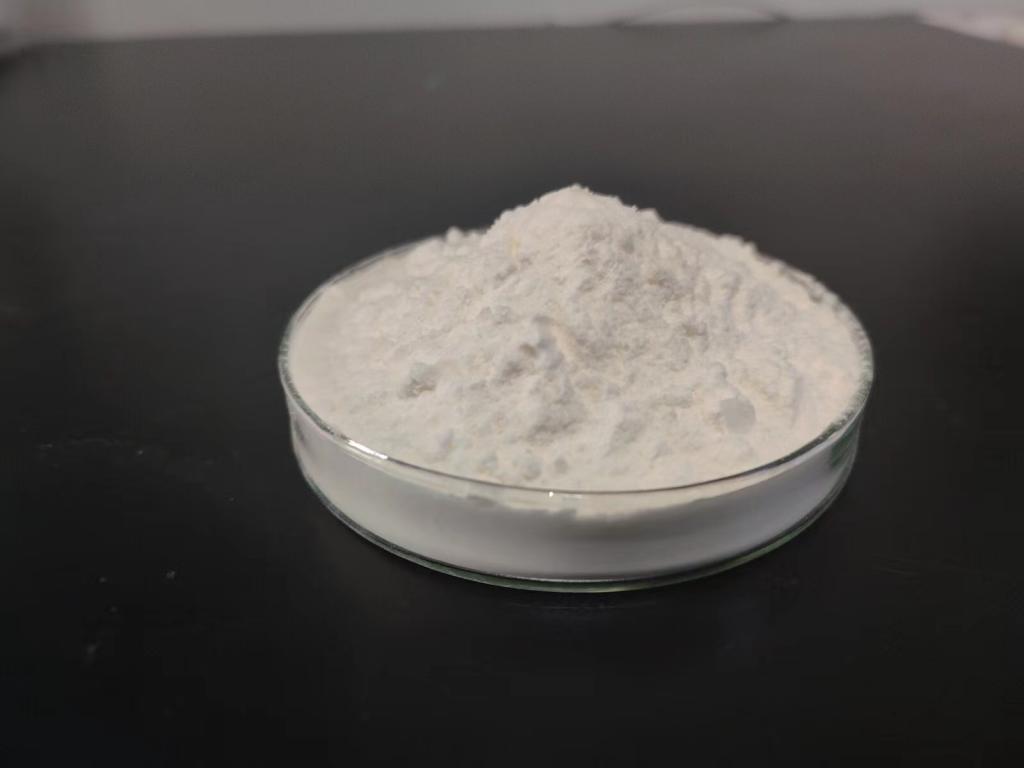Tel:+8618231198596

News
 CONTACT
CONTACT
 CONTACT
CONTACT
- Linkman:Linda Yao
- Tel: +8618231198596
- Email:linda.yao@dcpharma.cn
- Linkman:CHARLES.WANG
- Department:Overseas
- Tel: 0086 0311-85537378 0086 0311-85539701
News
ε-Polylysine Hydrochloride and Precision Medicine: A Closer Look at Personalized Approaches
TIME:2023-12-14
Precision Medicine: The Paradigm Shift in Healthcare
Precision medicine, also known as personalized or individualized medicine, represents a paradigm shift in healthcare. It recognizes that each patient is unique, with distinct genetic, environmental, and lifestyle factors influencing their health and response to treatments. The goal of precision medicine is to tailor medical interventions to the specific characteristics of each individual, thereby optimizing outcomes and minimizing adverse effects.
The Role of Biomarkers in Precision Medicine
Central to the concept of precision medicine is the identification and utilization of biomarkers. Biomarkers are measurable indicators, such as genetic variations, proteins, or other molecules, that can provide information about a patient's health status, disease risk, or response to treatment. These biomarkers serve as the foundation for developing personalized treatment plans.
ε-Polylysine Hydrochloride: An Overview
ε-Polylysine hydrochloride, a natural antimicrobial compound derived from fermentation processes, exhibits broad-spectrum antimicrobial properties. While traditionally recognized for its applications in the food industry, ε-polylysine hydrochloride's unique characteristics make it an intriguing candidate for exploration in precision medicine.
Mechanisms of Action: Antimicrobial Efficacy and Beyond
Understanding the mechanisms of action of ε-polylysine hydrochloride is essential for exploring its potential in precision medicine. The compound acts by disrupting the cell membranes of microorganisms, exhibiting antimicrobial efficacy against bacteria, fungi, and certain viruses. Beyond its antimicrobial properties, the compound's biocompatibility and safety make it an attractive option for medical applications.
ε-Polylysine in Infection Control: A Precision Approach
In precision medicine, the ability to tailor treatments based on individual susceptibility to infections is paramount. ε-Polylysine hydrochloride's targeted action against a broad spectrum of microorganisms positions it as a potential tool for precision infection control. By considering an individual's unique susceptibility to specific pathogens, healthcare providers can customize interventions that optimize efficacy and minimize side effects.
Personalized Antimicrobial Therapies: Challenges and Opportunities
The traditional approach to antimicrobial therapies often involves broad-spectrum antibiotics that may impact both harmful and beneficial microorganisms. Personalizing antimicrobial therapies using ε-polylysine hydrochloride requires overcoming challenges such as optimizing formulations, delivery methods, and dosage levels. However, the potential benefits in minimizing collateral damage to the microbiome and reducing the risk of antibiotic resistance make personalized antimicrobial therapies an intriguing area for exploration.
ε-Polylysine in Wound Care: Tailoring Interventions
Precision medicine extends to wound care, where individualized approaches can significantly impact healing outcomes. ε-Polylysine hydrochloride's antimicrobial properties make it a potential component in personalized wound care interventions. By tailoring treatments based on the specific microbial profile of a wound, healthcare providers can optimize healing and reduce the risk of complications.
Biomarker Integration: Enhancing Precision
To fully harness the potential of ε-polylysine hydrochloride in precision medicine, the integration of biomarkers is crucial. Biomarkers related to microbial susceptibility, genetic factors, and immune response can inform decisions about the use of ε-polylysine hydrochloride in personalized interventions. This integration enhances precision by aligning the treatment strategy with the unique characteristics of each patient.
Challenges in Personalized Medicine with ε-Polylysine Hydrochloride
While the potential benefits are substantial, challenges exist in integrating ε-polylysine hydrochloride into personalized medicine approaches. These challenges include the need for robust biomarker identification, addressing individual variations in drug metabolism, and ensuring the safety and biocompatibility of ε-polylysine hydrochloride in medical applications.
Regulatory Considerations and Clinical Trials
The exploration of ε-polylysine hydrochloride in precision medicine necessitates adherence to regulatory standards and the conduct of rigorous clinical trials. Collaboration between researchers, healthcare professionals, and regulatory bodies is essential to navigate the complex landscape of medical applications and ensure the safety and efficacy of personalized interventions.
Future Directions: Innovations and Research Opportunities
As precision medicine continues to advance, the future directions for ε-polylysine hydrochloride may involve innovations in formulations, delivery systems, and applications. Research opportunities could explore the compound's potential in targeted drug delivery, combination therapies, and synergistic approaches to enhance precision in medical interventions.
Ethical Considerations: Balancing Benefits and Risks
In the pursuit of personalized medicine with ε-polylysine hydrochloride, ethical considerations play a pivotal role. Balancing the potential benefits of tailored interventions with the risks and uncertainties requires careful ethical scrutiny. Transparent communication, informed consent, and ongoing ethical assessments are imperative to ensure the responsible integration of ε-polylysine hydrochloride into precision medicine.
Conclusion
ε-Polylysine hydrochloride's potential in precision medicine opens new avenues for tailored and personalized healthcare interventions. From infection control to wound care, the compound's antimicrobial properties present opportunities to optimize treatments based on individual characteristics. As research progresses, addressing challenges, conducting thorough clinical trials, and navigating ethical considerations are crucial for realizing the full potential of ε-polylysine hydrochloride in shaping the landscape of precision medicine.
- Tel:+8618231198596
- Whatsapp:18231198596
- Chat With Skype







